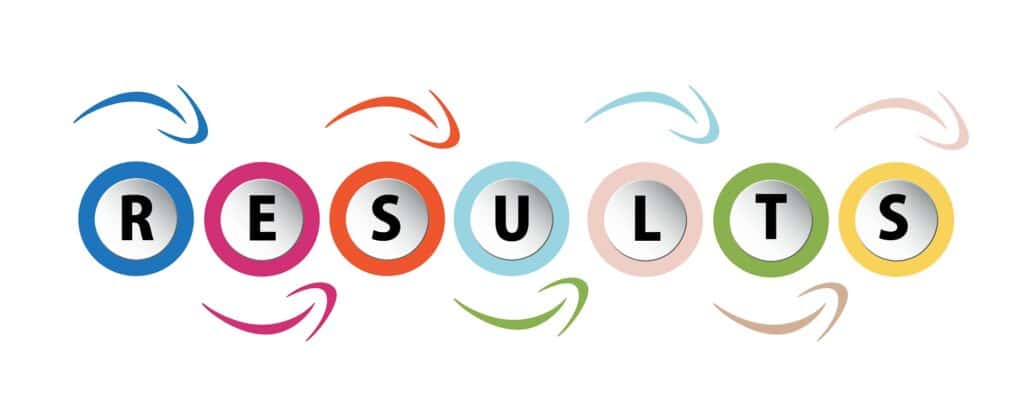On the first day l joined another school, many years ago; I was given a 250 page book – the STAFF HANDBOOK (capitals intentional) which detailed all the school policies and procedures, in a small font. I was told to read it, and to sign to say that I had read it. After a week or two of avoiding the Head, I was asked if I had read it, and when I said I had not, I was told “Sign anyway, nobody will ever know and then the paperwork will be done”. That incident has bothered me for many years, and I was reminded of it while reading some fascinating research over the vacation.
Conducted in 1975, by a group of Northwestern University researchers in three Chicago fifth-grade classes, it was, I think, all about identity. The researchers randomly assigned individual students to the three classrooms, and then made a systematic alteration to the way that teachers, janitors, and others interacted with them. Students in one room were told that they were extremely neat – in fact, that they had one of the neatest classrooms in their school. Children in the second room were simply asked to be neat – told to pick up their trash, tidy their desks, keep the classroom clean and so on. The third room was the control group, and neatness was not mentioned to these children. When the researchers later measured the litter in the classrooms, and compared it with litter levels before the experiment began, the results were unmistakable. In the room that had been labeled “neat”, there was far less litter than in either of the other groups. Merely assigning the positive label of ‘neatness’ seems to have helped the students frame themselves in the desired way.

While this experiment involved fifth graders, this kind of result – where simple nudges make a big difference – has been replicated time and time again, for all age groups, across many countries. It reminds me that we need to remember to be explicit about what we would like to see, and not to to expect students to simply know by magic. However, the more interesting feature of this research is that telling people they were neat seems to be more influential than asking them to be neat. At one level, this is highly counter-intuitive; we know that a value chosen is more likely to stick than a value imposed. I think we can better understand this through the concept of identity (as neat, in this case); that appealing to who people are is always more likely to win them over than appealing to what people do, which can seem coercive; and that building in positive pre-suppositions helps.
In our contexts, that’s why we place such emphasis on the skills and qualities in our UWCSEA profile. In talking about the sort of people we want our students to be – principled, resilient, creative and so on, we are not focussing on specific behaviours, or rules, but really thinking about supporting students in becoming the sorts of people who will know exactly when to follow the rules and, importantly, when to break them. The contrast with the previous school, where the STAFF HANDBOOK was designed to control every last detail of behaviour, is stark.
I also ask my new colleagues to read a book when they join us. It’s called Growth Mindset, and will, by now be familiar to you (if not, please do get a copy – we have several in our library). And as we head into the first school week of the new year, therefore, my message is that we need to keep our profile and the notion of the growth mindset in sharp focus as two central pieces of the identity that we want for our students.
Happy New Year!


